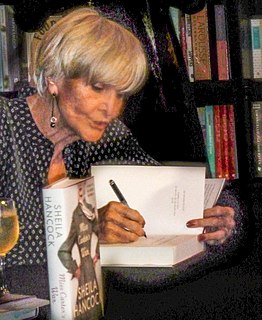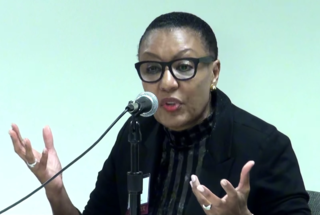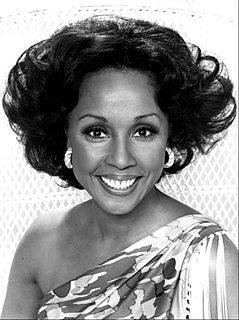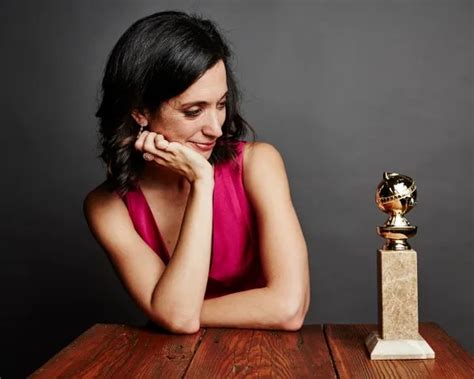A Quote by Sheila Hancock
When I started in the business there were no women in executive positions, no women producers or directors and certainly no camerawomen and we were destined to do very archetypal roles, very cliched things, so I was a dizzy blonde for years.
Related Quotes
I had very supportive parents that made the way for me, even at a time when there were very few women - no women, really; maybe two or three women - and very few, fewer than that, African-American women heading in this direction, so there were very few people to look up to. You just had to have faith.
In the beginning, I found myself dealing with a show business dictated by male white supremacists and chauvinists. As a black female, I had to learn how to tap dance around the situation. I had to ... find a way to present my point of view without being pushy or aggressive. In the old days, the only women I saw in this business were in makeup, hairdressing, and wardrobe departments. Now I'm surrounded by women executives, writers, directors, producers, and even women stagehands.
We had a moment in the '40s and '50s, where female characters were very strong in film, where these incredible roles were written for women like Joan Crawford, like Bette Davis. But then there was a space of time where - I don't know why - it wasn't like that. It became difficult for women to find certain roles after a certain age.
It's significant that four out of the five nominated comedies were run by women. That's not by accident. Women are storytellers, too. What's particularly exciting is that when it started to change, it changed very quickly, which I think indicates that women have been waiting in the wings for a long time and were ready to take storyteller center stage.
When I was growing up, there was no one. There were very few black women in tech; there were very few black women in the fashion game. We didn't have our Grace Jones - Grace Jones was before my time. We didn't really have a lot of black women in electronic and punk who were celebrated in the same levels as, say, your big mega-superstars.

































